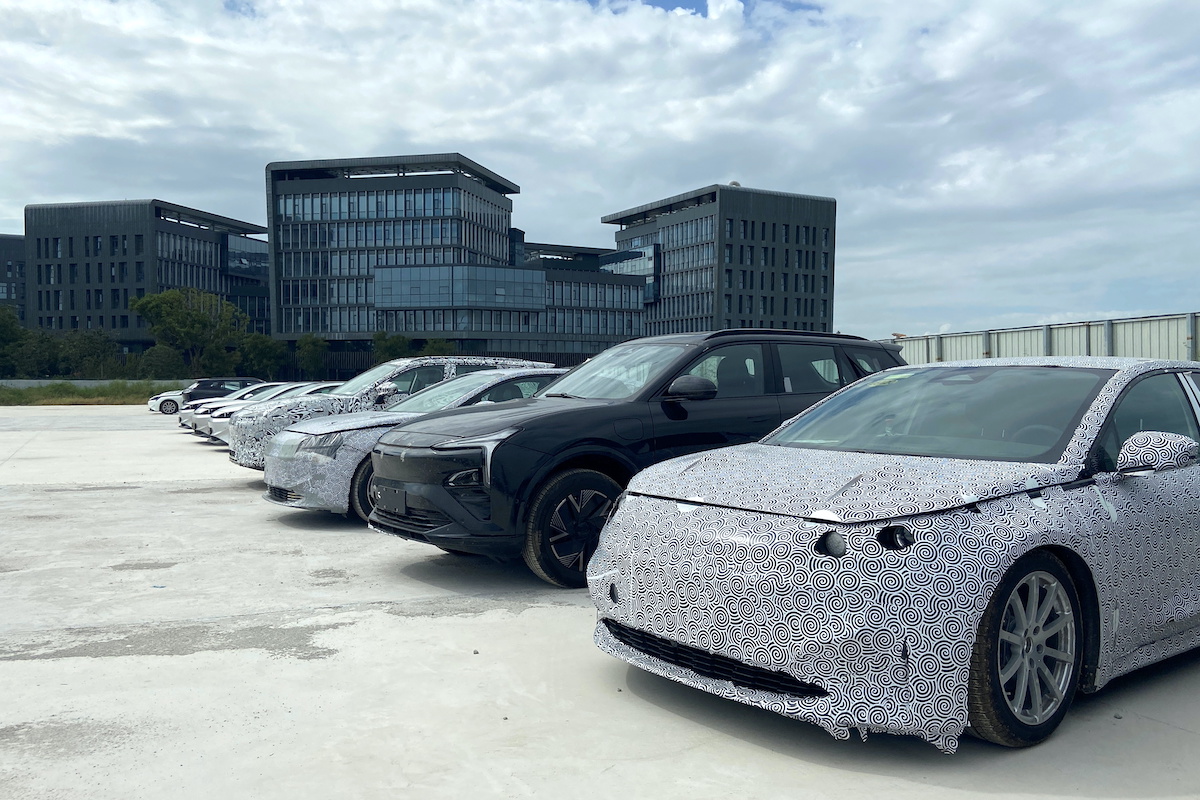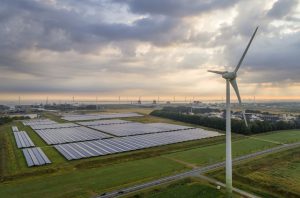China’s car sales rose 18.7% in February from a year earlier, with sales of new energy vehicles (NEVs) increasing 197.5% to 368,000 units.
Overall sales in the world’s biggest car market rose to 1.74 million vehicles in February, data from the China Association of Automobile Manufacturers (CAAM) showed.
But NEV sales – which include battery-powered electric vehicles, plug-in petrol-electric hybrids and hydrogen fuel-cell vehicles – declined 18.6% from January, during the lunar new year holiday when most stores are shut and consumers delay purchases.
NEV sales this year have also been hit by China’s move in January to slash subsidies by 30%. NEV sales in January fell 18.6% from December, when sales surged ahead of the subsidy cuts kicking in.
China has ambitious goals in promoting NEVs to curb air pollution but believes the industry has matured enough to be driven by demand rather than subsidies.
“We remain cautiously optimistic about the future development of the industry,” Chen Shihua, deputy secretary general of CAAM, said on Friday.
“The Russia-Ukraine conflict will have some impact on China’s export enterprises,” Chen said. “But it is hard to assess the impact as the situation is not clear.”
Nickel Speculation
CAAM said last year China exported more than 100,000 vehicles to Russia and less than 10,000 vehicles to Ukraine, about 5-6% of China’s total auto exports.
The market has seen financial speculation in the nickel market recently, but that market “will return to a market price which depends on supply-demand relations,” Chen said.
The auto industry is also facing a global shortage of chips that are used in everything from brake sensors to power steering, leading to production cuts that are hurting sales.
“In addition, factors such as the chip shortage and rising raw material costs still affect the production and operation of enterprises,” Chen said.
The development of NEVs is facing increased uncertainty, especially because of a shortage of lithium that is used to make batteries, another industry body, China Passenger Car Association (CPCA), said earlier this week.
Prices of lithium, nickel and other raw materials key to the NEV supply chain have surged and are expected to rise further as supplies are disrupted due to Russia’s invasion of Ukraine.
- Reuters, with additional editing by George Russell
READ MORE:
China Planner to Reduce Restrictions on NEV Purchases
China Boosts NEV Battery Recycling – Xinhua
China’s Zijin to Invest $380m in Argentina Lithium Plant























